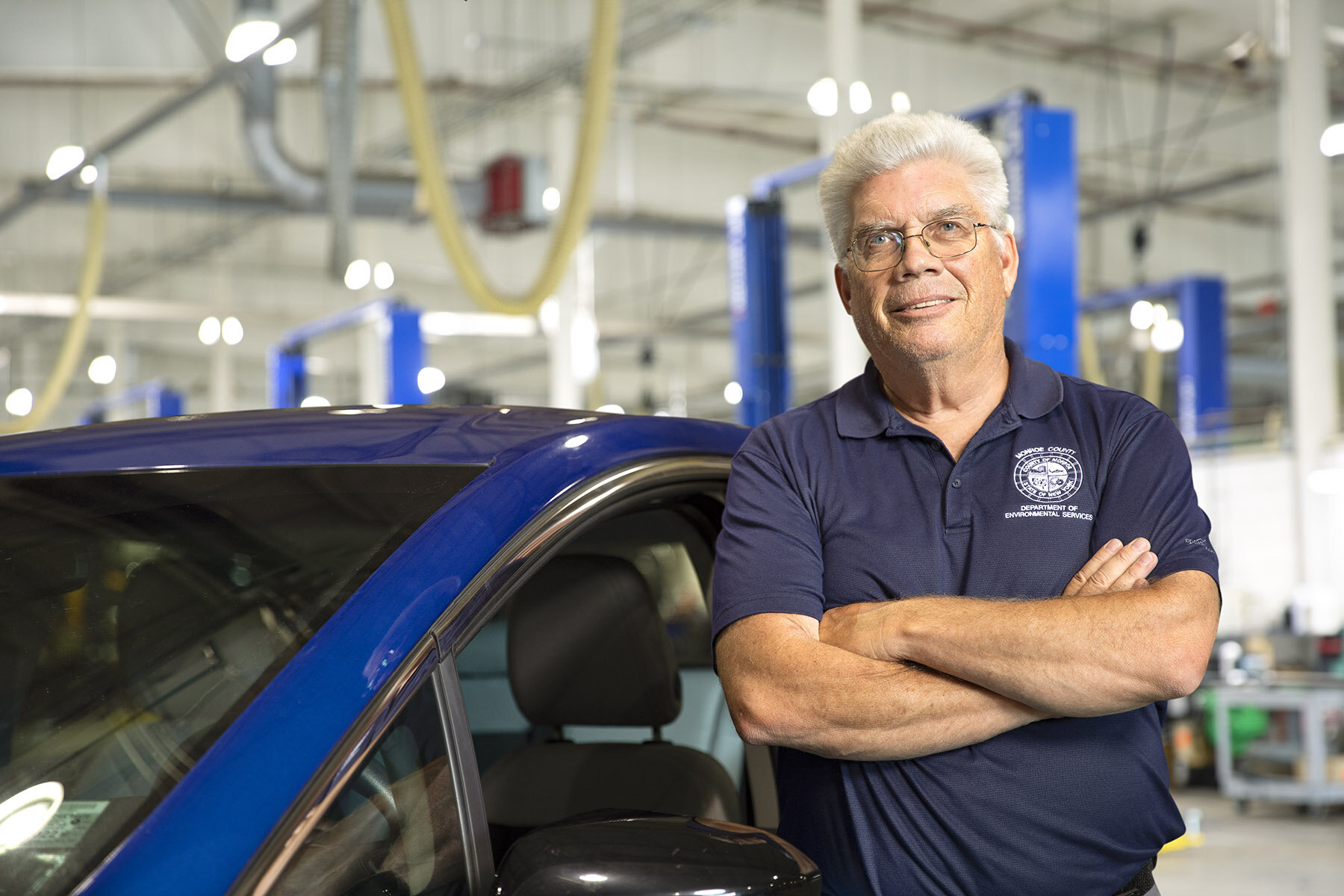4 Myths Around Electric Vehicles
As EV’s gain popularity, myths around them also seem to grow. Many of these misconceptions are grounded in our experiences with gas powered vehicles. EVs are different, and we like it that way! Here we bust 4 popular myths about EV’s.
MYTH #1: Electric vehicles cost a lot more than their combustion engine counterparts.
This used to be the case, but EV prices have come down dramatically in recent years. That trend will only continue as more auto manufacturers are committed to producing EVs. Plus, with current incentives and tax credits (more on this at the bottom) the cost differential can become negligible. There are also direct purchase and leasing programs that give buyers the flexibility to choose financing that fits their organization.
MYTH #2: It’s more difficult to service an EV.
This is the biggest myth we’re excited to bust! EVs are actually more reliable and require less maintenance because there are fewer mechanical parts. In fact, annual inspections and tire maintenance are the only regularly scheduled service requirements. And, more auto services have EV trained staff these days because of the popularity of EVs.
A Believer:
“You might have the prejudice that an electric vehicle is not as competent or capable as an internal combustion motor, but that’s not the case at all. It drives as tight as a drum, recharges very quickly. It’s very efficient with its use of power. There’s no maintenance to it.” Rob Tyndall, Monroe County DES.
He was a self proclaimed ‘premier doubter’ of EV’s, but completely shifted his view after driving a fully electric Chevy Bolt for work.
MYTH #3: EVs aren’t any “greener” than gas-powered cars
On the road, EVs produce zero tailpipe emissions and in NYS pull from our 91% fossil fuel free grid. Still, many people think EV batteries will create a landfill problem. This is false! Most EV batteries are made with lithium and are not sent to a landfill. The lithium is actually recycled through e-waste management processes to be reused.
Another common belief is that the production of EVs and their batteries lead to as much carbon emissions as combustion engines. It is true that the manufacturing of EVs and lithium ion batteries creates carbon emissions, but the total lifetime greenhouse gas emissions of an EV, battery included, is still lower than its combustion engine counterpart even when considering manufacturing emissions.
Changing Mindsets
The difference between filling up at the pump and charging an EV is mostly a mentality shift: from just-in-time to pre-planned. Kind of like charging your phone.
Myth #4: An EV’s range is too short - I’ll be tethered to the plug!
Americans drive an average of 40 miles a day (USDOT), yet even the shortest-range EVs can travel more than twice that distance before needing to power up. As Rob Tyndall can attest, he can go a full week without charging if he chooses to. On a typical workday, Tyndall may drive up to 100 miles back and forth throughout Monroe County and never once run into a charging problem. “I get a minimum of 150 miles and a maximum to 300 miles in the summer. It’s quite impressive,” Tyndall adds.
You’ll find range much less of an issue than you think. (Read the full case study about Monroe County Electric Fleets here)
BONUS: 3 ways to reduce the cost of EVs for your fleet today!
Save up to $2000: Fleet Managers can take advantage of the Drive Clean Rebate for electric cars by purchasing or leasing an electric car through a participating New York State car dealer and save up to $2,000 off the price of an electric car at the time of purchase.
Get up to $7500 back: Fleets that pay federal income tax can also take advantage of the federal tax credit for electric cars, which provides a tax credit of up to $7,500 for each new electric car purchased.
Save up to 80%: Use the New York Truck Voucher Incentive Program (NYT-VIP) to purchase low- and zero-emission trucks and buses. The NYT-VIP covers up to 80% of the difference in cost between an electric truck and a comparable diesel truck. The NYT-VIP is available to public or private fleets in 31 counties of New York State.



